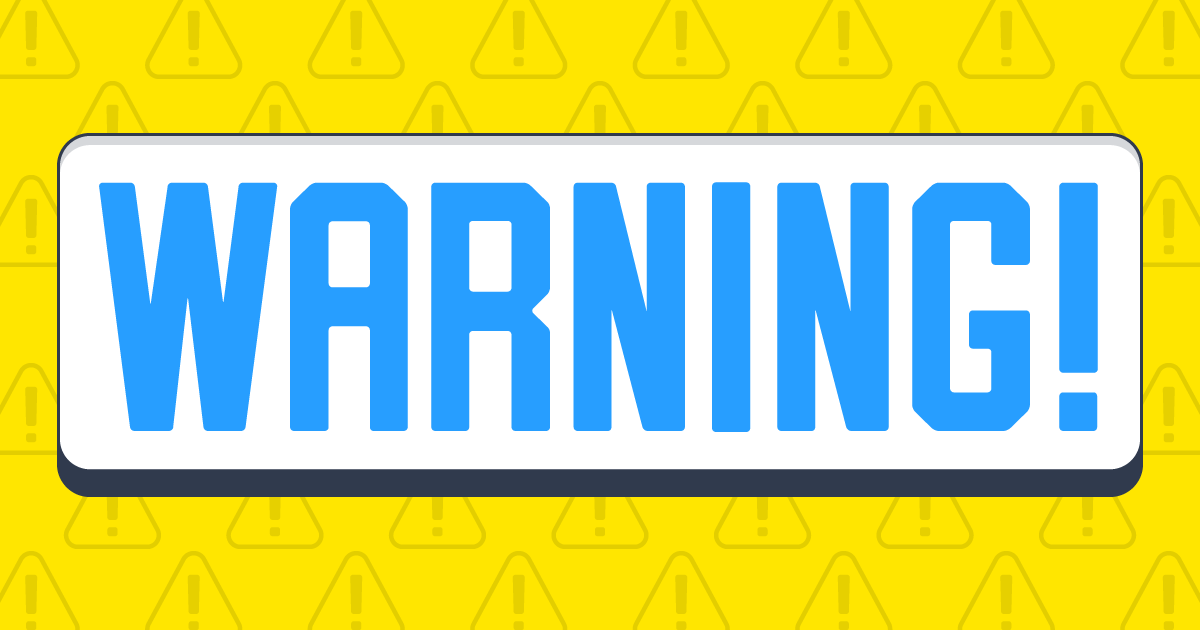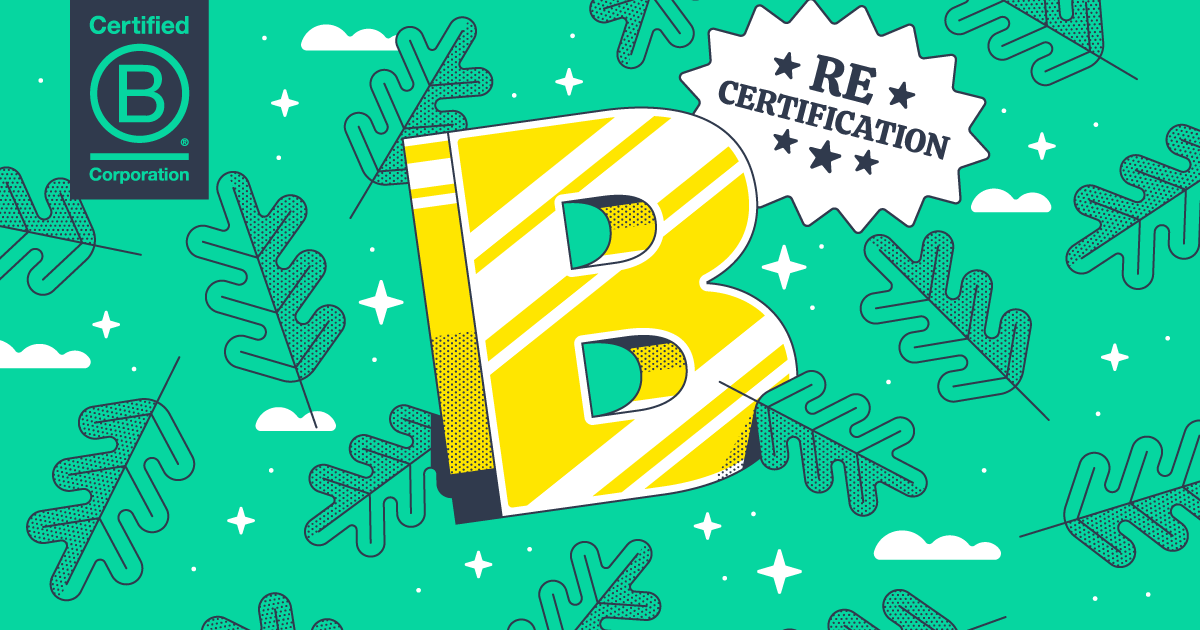How to Spot and Avoid Fake Self-Publishing Sites
Scams, viruses, malware—there have always been bad actors on the Internet looking to take advantage. Scammers aren’t going anywhere, and unfortunately, modern tools like generative AI have made the situation worse.
Business impersonation scams are rising and aren’t likely to stop. The Federal Trade Commission says consumers reported $2.95B lost in 2024 to impersonators, and the FTC logged more than 330,000 reports of business impersonation scams.
Artificial Intelligence is an amazing way to search, review, and understand a website. Sadly, those same tools make it incredibly easy to steal assets (like logos and brand colors) and use those assets to create websites meant only to get at your payment details.
How Publishing Scams Work
While scams can come in a variety of forms, and you should always be careful with your personal information, there are three that are particularly common in the publishing industry. You should be on the lookout for any sites you’re considering that show any of these signs.
Brand Lookalikes
This is when the scammer builds a website that mimics an existing, credible printer or publisher. Sometimes these sites will simply use a logo and branding, other times they’ll attempt to more closely mimic the official site. Research during a six-month period in 2024 found more than 10,000 domains meant to impersonate legitimate sites in use.
To avoid getting caught by brand lookalike scammers, you should always closely examine the URL of the site you’re visiting.
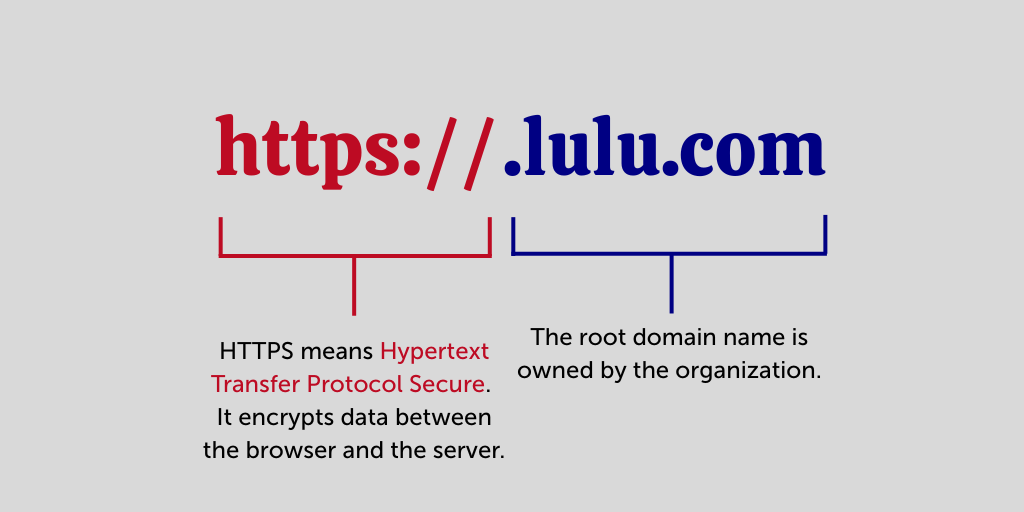
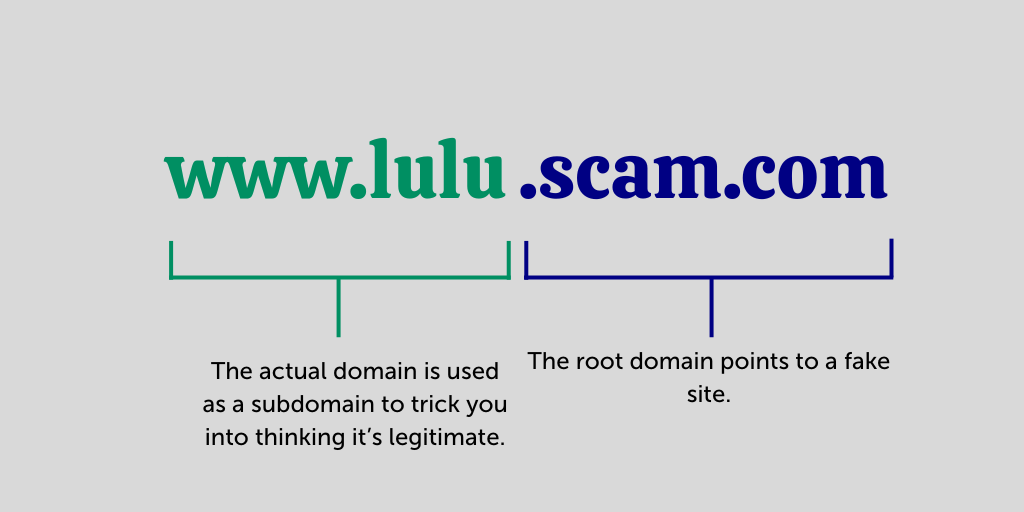
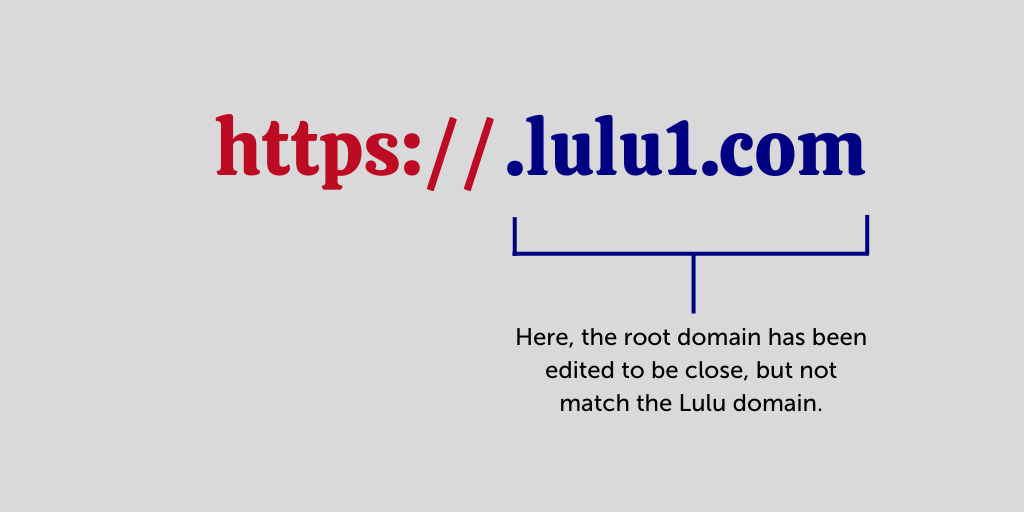
You should also look out for sites that appear to be real, but only have very specific buttons that either try to sell you a product or get you to request a quote. These kinds of links appear on legitimate sales pages, too, but if those are the only links you’re seeing on the page, you might be looking at a scammer.
Finally, look for the telltale signs of a real site, like an About Us page, Terms & Conditions, a blog, and subpages with useful information.
Vanity Presses or Upsellers
If anyone ever tries to pitch you on a publishing package that costs you money, you should pause. There are plenty of legitimate companies today that offer publishing services. Things like editing, cover design, proofreading, and page layout are all common services.
But if the company gives any guarantees about selling, film rights, or exclusivity deals, you need to be very wary. Legitimate hybrid presses will have clear pricing and outline exactly what you’ll get for what you pay. These are very useful services for ensuring you have a professional-looking book.
Just be mindful that there are many dishonest service providers. I strongly recommend following Writer Beware for their lists of known scam publishers.
Phishing & Direct Messaging
These kinds of scammers will find you on social media or through your author website and message you directly. Most email providers are pretty good at sending these kinds of scammers right to your spam folder, but on social media, it can be harder to avoid them.
A good practice is to basically ignore any messages you get that are unsolicited. If you didn’t ask for info or reach out to the business, there’s a very good chance they’re hoping to scam you.
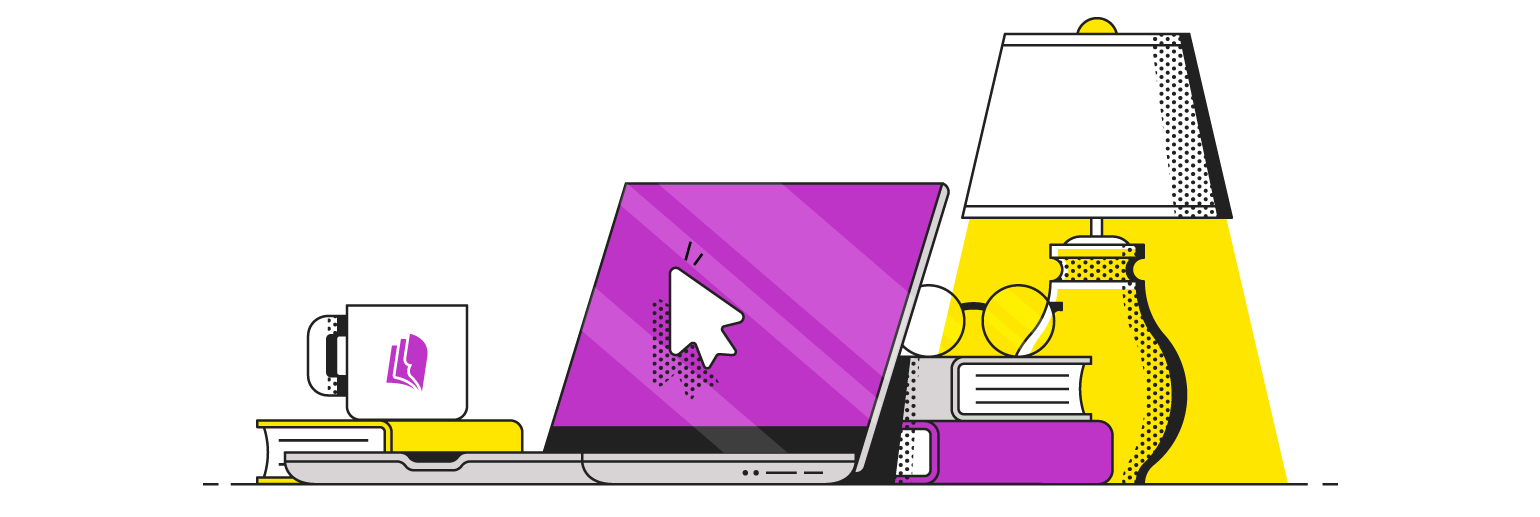
Your Free Lulu Account
Create a Lulu Account today to print and publish your book for readers all around the world
Red Flags
If you see any of these, I strongly recommend you stop. Open a new tab and search for reviews of the company, check Writer Beware, and look for writers’ forums (like Reddit) where other writers might have experiences with the site.
- Pressure & Guaranteed Results - Terms like guaranteed bestseller, film deal, or we’ll place your book in big stores in exchange for upfront fees.
- Odd Payment Options - Asking for payment via Gift cards, crypto, wire transfers, or Zelle/Cash App is a sure sign of a scam site. Legit businesses always let you pay with a credit card.
- Almost Right Links - Sites with misspelled, amended, or hyphenated domains or URLs that redirect immediately to a different page are often signs of a scam.
- Unsolicited Messages or Emails - No legitimate company will contact you asking for direct payment, login credentials, or personal information. Real sites will email you to sign in to an account on their site to view personal information or make payments.
- Missing Company Details - Check out the site footer. It should include a physical address, Terms & Conditions, and a Privacy Policy. Most legitimate sites publish an updated copyright in the footer each year, too.
Online Safety Habits for Creators & Authors
Outside of watching for telltale signs of scammers, there are a few actions you can proactively take to protect yourself. I cannot stress enough how important it is to ensure your online safety by doing these simple things. And I’m not just talking about when publishing—this applies to every aspect of your online presence.
- Bookmark Frequently Used Sites - Bookmark the sites you use most and use those bookmarks to get there. When you type in a site in the address bar, you might make a mistake. Or if you don’t type out the full address, you might accidentally search for the site rather than navigate to it, leading to possible confusion on the results page.
- Use Multifactor Authentication (MFA) - Multifactor Authentication is the best way to ensure your online safety. Use a password or pin along with a text verification or authentication app to require two distinct forms of identification to log into your most important accounts.
- Use a Password Manager - Please, for the love of every meme and GIF you’ve come to love on the internet, please use a password manager. These tools create long, distinct passwords for each site you use, requiring that you provide a master password (the only one you need to remember!). Be sure to use MFA to log into your password manager.
- Use Official Channels - Always use official contact forms from legitimate sites. This is a little rarer, but avoid emails, texts, or direct messages on social media that don’t come from the official site or account.
If You Think You’ve Encountered a Fake Site
Stop. Don’t enter any information. Don’t click on anything.
If you’ve already communicated with the site, stop responding. If you’ve paid them any money, get in touch with your financial institution and take steps to stop payments.
For a site that resembles Lulu, if you’re uncertain, look for any payment requests. Lulu doesn’t offer paid services, and we won’t ask for your payment or contact information. Lulu will never ask for payment over social media or email. Any payments will be in your Lulu account or through our bookstore checkout cart. That’s it.
If you’re ever in doubt, reach out to our team using this contact form on our official help pages: https://help.lulu.com/en/support/tickets/new
Stay safe out there.

